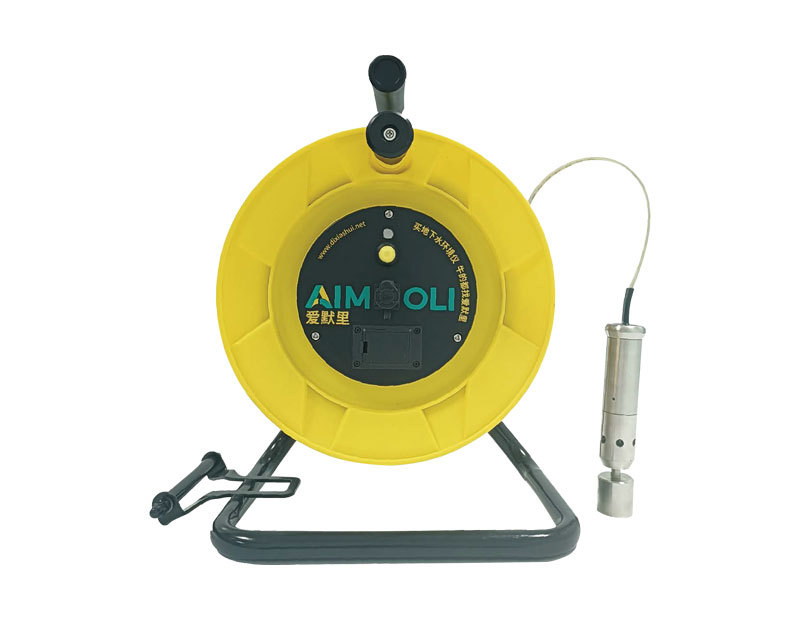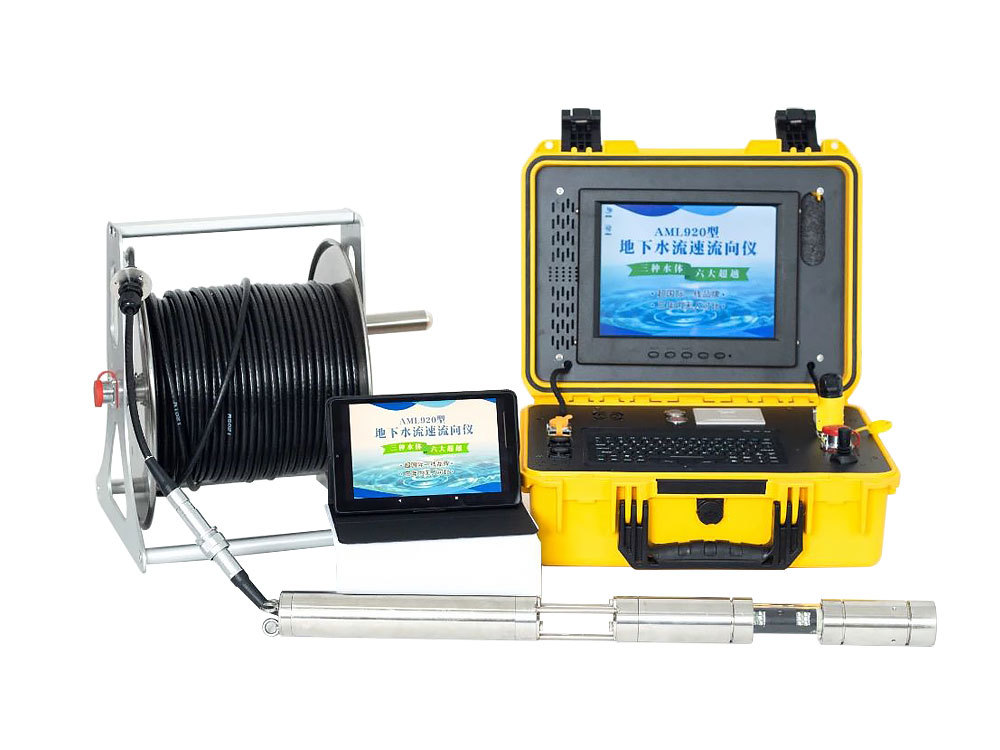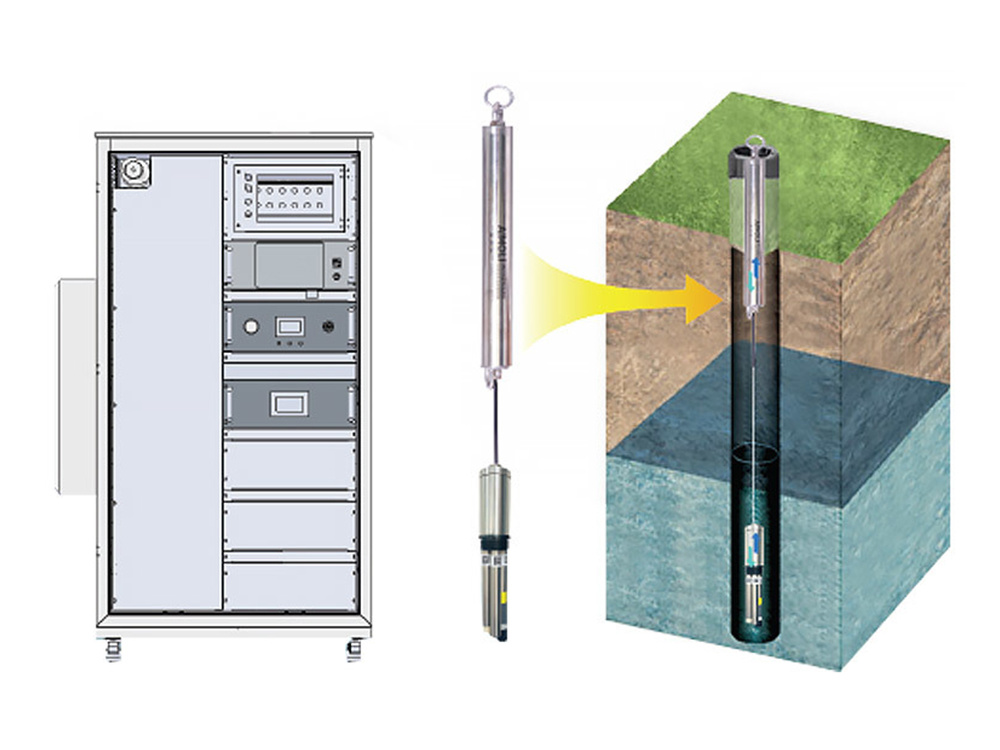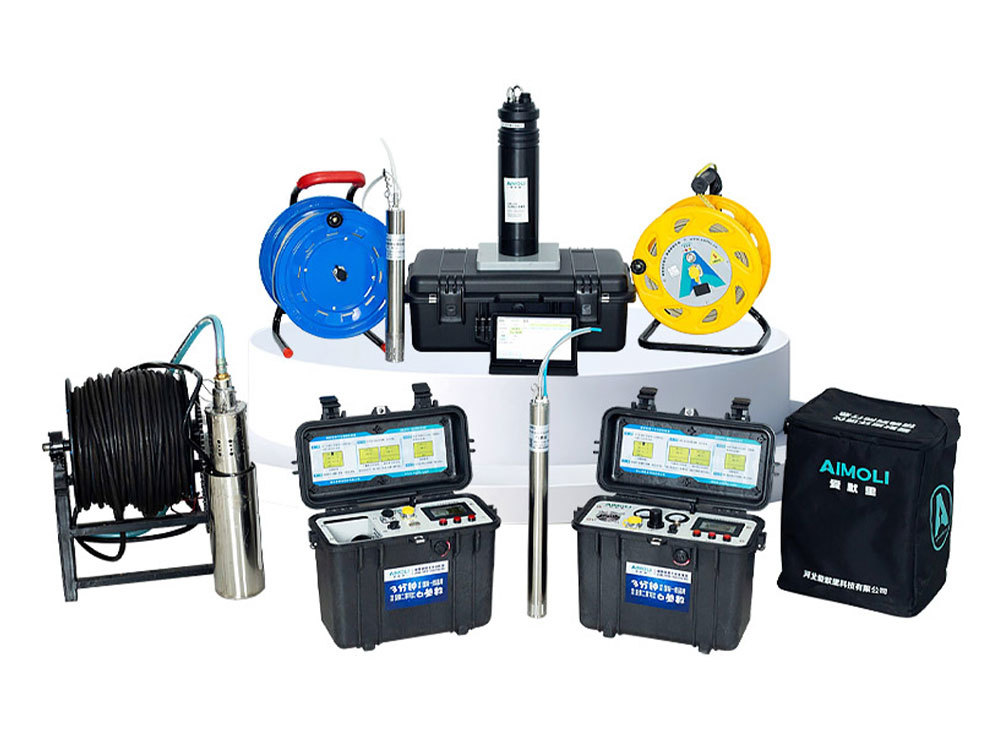Leading Manufacturer of Groundwater Monitoring Instruments in China

AML131
Groundwater quality automatic monitoring station
WhatsApp: 8615830190109
Download Files
Tag:
Category:
Introduction
System Parameters
Water Level Technical Parameters
| Testing Method: | Pressure Method |
| Measurement Range: | 0~100m and above |
| Accuracy: | ≤ ± 0.25% Full Scale |
| Resolution: | ≤0.01m |
Ammonia Nitrogen Technical Parameters
| Testing Method: | Ion Selective Electrode Method |
| Measurement Range: | 0~20mg/L |
| Resolution: | ≤0.01mg/L |
| Accuracy: | ≤±5% |
| Lower Limit of Determination: | ≤0.1mg/L |
Cyanide Technical Parameters
| Measurement Method: | Isonicotinic acid-barbituric acid spectrophotometry |
| Measurement Range: | 0~0.5mg/L (More ranges can be expanded) |
| Repeatability: | ≤5% |
| Accuracy: | ±5% |
| Zero Drift: | ±5% |
Redox Potential Technical Parameters
| Measurement Method: | Electrode Method |
| Measurement Range: | -999~999mV |
| Accuracy: | ≤±20mv |
| Resolution: | ≤1mV |
Dissolved Oxygen Electrode Technical Parameters
| Determination Method: | Fluorescence Method |
| Zero Drift: | ±0.2mg/L |
| Measurement Range: | 0~20mg/L |
| Range Drift: | ±0.2mg/L |
| Accuracy: | ≤0.15mg/L |
| Indicated Error: | ±0.3mg/L |
Chloride Technical Parameters
| Measurement Method: | Ion Selective Electrode Method |
| Measurement Range: | 0~500mg/L (Expandable) |
| Accuracy: | ±5% |
| Repeatability: | ≤5% |
Water Temperature Technical Parameters
| Testing Method: | Electrode Method |
| Measurement Range: | -5℃~50℃ |
| Accuracy: | ≤±0.5℃ |
| Resolution: | ≤0.1℃ |
Permanganate Index Technical Parameters
| Measurement Method: | Potassium permanganate oxidation-titration method |
| Measurement Range: | 0~20mg/L;20~200mg/L (Range can be expanded) |
| Indicated Error: | ±5% |
| Zero Drift: | ±3%F.S |
| Range Drift: | ±3%F.S |
Sulfate Technical Parameters
| Measurement Method: | Spectrophotometry |
| Measurement Range: | 0~1000mg/L (Expandable) |
| Accuracy: | ±10% |
| Repeatability: | ≤5% |
Turbidity Technical Parameters
| Testing Method: | Optical Method |
| Measurement Range: | 0~3000NTU |
| Accuracy: | ≤±5% |
| Resolution: | <1.0NTU |
Nitrite Technical Parameters
| Determination Method: | N-(1-Naphthyl)-ethylenediamine photometric method |
| Measurement Range: | 0~2/10/50mg/L (Expandable) |
| Lower Limit of Quantification: | 0.2mg/L |
| Indicated Error: | ±5% |
| Zero Drift: | ±3% |
Nitrate Nitrogen Technical Parameters
| Measurement Method: | Spectrophotometry |
| Measurement Range: | 0~50mg/L (Expandable) |
| Accuracy: | ±5% |
| Zero Drift: | ±5% |
PH Technical Parameters
| Testing Method: | Glass electrode method |
| Measurement Range: | 0~14PH |
| Accuracy: | ≤±0.2pH |
| Resolution: | ≤0.01PH |
Heavy Metal-Arsenic Technical Parameters
| Measurement Method: | Voltammetry or spectrophotometry |
| Measurement Range: | 0~2mg/L (Expandable) |
| Accuracy (Indicated Error): | ±10% |
| Zero Drift: | ±5% |
| Range Drift: | ±10% |
Anionic Surfactant Technical Parameters
| Measurement Method: | Spectrophotometry |
| Measurement Range: | 0~5mg/L, adjustable |
| Accuracy: | ±10% |
| Repeatability: | ≤5% |
Nitrate Nitrogen Technical Parameters
| Testing Method: | Ion selective electrode method or optical method |
| Measurement Range: | 0~10mg/L (or 0~100mg/L) |
| Accuracy: | ≤±0.1mg/L (or ±5) |
| Resolution: | ≤0.1mg/L |
| Lower Limit of Determination: | ≤2mg/L |
| Zero Drift: | ≤±5% |
Heavy Metal-Hexavalent Chromium Technical Parameters
| Measurement Method: | Spectrophotometry |
| Measurement Range: | 0~1.0mg/L (Expandable) |
| Accuracy: | ±5% |
| Zero Drift: | ±5% |
Iodide Technical Parameters
| Measurement Method: | Ion Selective Electrode Method |
| Measurement Range: | 0.0~0.5mg/L (Expandable) |
| Accuracy: | ±5% |
| Repeatability: | ±5% |
Conductivity Technical Parameters
| Testing Method: | Electrode Method |
| Measurement Range: | 0~200mS/cm |
| Accuracy: | ≤±2% of reading |
| Resolution: | ≤0.01mS/cm |
Fluoride Technical Parameters
| Analysis method: | Ion Selective Electrode Method |
| Measurement Range: | 0-5mg/L (extendable) |
| Accuracy: | ±10% |
| Zero drift: | ±5% |
| Precision: | ≤5% |
| Range Drift: | ±5% |
Flow velocity and direction technical parameters
| Measurement Method: | Particle image recognition measurement technology |
| Flow velocity measurement range: | 0~30mm/s |
| Velocity measurement accuracy: | 0.01um/s |
| Azimuth measurement accuracy: | ±1° |
System Overview
The Emery groundwater quality automatic monitoring station adopts an integrated design, which can simultaneously measure groundwater temperature, water level, pH, conductivity, redox potential, turbidity, nitrate nitrogen, ammonia nitrogen, TOC, total phosphorus, total nitrogen, groundwater flow velocity and direction, etc.
The Emery groundwater temperature and water level series mainly has three models
AML133 Groundwater Telemetry Water Level Gauge;
AML135 Groundwater Level and Temperature Automatic Recorder;
AML136 Groundwater Level, Temperature and Conductivity Recorder:
The Emery groundwater quality automatic monitoring station is divided into three models
AML130 Groundwater Quality Automatic Monitoring Micro Station;
AML131 Groundwater Quality Automatic Monitoring Outdoor Small Station;
AML132 Groundwater Quality Automatic Monitoring Station:
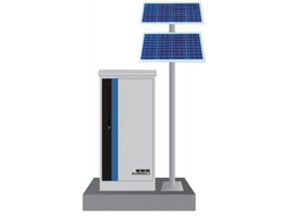
|
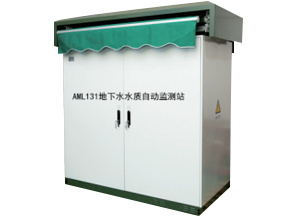
|
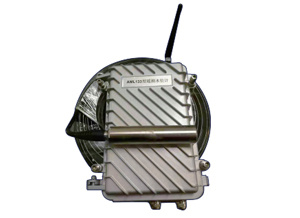
|
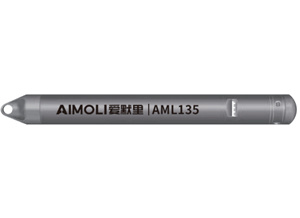
|
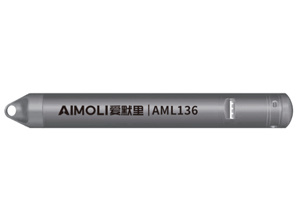
|
| AML130 Groundwater Quality Automatic Monitoring Micro Station | AML131 Groundwater Quality Automatic Monitoring Outdoor Small Station | AML133 Groundwater Telemetry Water Level Gauge | AML135 Groundwater Level and Temperature Automatic Recorder | AML136 Groundwater Level and Conductivity Recorder |
Among them, the base of the Emery 131 groundwater quality automatic monitoring station is 1m*1.8m (covering an area of 1.8 square meters), the chassis has a grounding device, and the height is 1.9 meters (with lifting rings and sunshade at the top, easy to disassemble and move). The instrument comes with a lightning rod and built-in surge protector, and can be equipped with protective fences for outdoor installation. The instrument is made of high-strength stainless steel, has rainproof and anti-corrosion functions, and has a built-in constant temperature air conditioner to ensure that all parameters inside the chassis operate normally under constant temperature and humidity. The instrument is flame retardant, meets the requirements of (GB/T5196.7) Experiment A, and is suitable for outdoor use.
System Composition:
The system consists of a station building, sampling system, water distribution unit, pre-treatment unit, analytical instrument unit, control unit, data acquisition and transmission unit, auxiliary unit, etc., and the system is expandable.
Six Major Advantages
● Groundwater sampling yields water in 3 minutes, and the water samples are free from cross-contamination, which imported instruments cannot achieve.
● Groundwater flow velocity and direction measurement, adaptable to clear water, intermediate water, and turbid water, which imported instruments also cannot achieve.
● Non-contact well water cleaning and detection probe, different from peer's contact cleaning.
● Non-fixed, multi-level water level detection, different from peer's fixed water level detection.
● Integrated cable goes down the well.
● Sampling head is pressure-resistant and corrosion-resistant.
Scope of Application
National groundwater environmental quality assessment points
Groundwater pollution prevention and control experimental zones
Chemical production enterprises
Tailings pond
Hazardous waste disposal sites
Landfills
Chemical industry clusters
Mining areas
Around key pollution source enterprises
Groundwater-fed drinking water sources and their recharge areas
Measurement Indicators
Automatic water quality monitoring indicators: According to "Groundwater Quality Standard" (GB/T14848), the required indicators for long-term groundwater monitoring wells include: pH, conductivity, dissolved oxygen, ammonia fluoride, nitrate, nitrite, volatile phenols, cyanide, arsenic, chromium (hexavalent), lead, fluorine, cadmium, iron, manganese, permanganate index, etc. For water quality problems in different regions, specific component tests can be added to reflect the background components and groundwater pollution characteristics of the region.
Cited Standards
"Groundwater Quality Standard" (GBT14848-2017)
"Technical Specifications for Groundwater Environmental Monitoring" (HJ164-2020)
"Technical Guidelines for Sampling Volatile Organic Compounds in Site Soil and Groundwater" (HJ1019-2019)
"Specifications for Regional Groundwater Quality Monitoring Network Design" (DZ/T0308-2017)
"Technical Specifications for Dynamic Monitoring and Real-time Transmission of Groundwater Pollution"
"Water and Wastewater Monitoring and Analysis Methods" (Fourth Edition)
Customer Cases

Inquire
Note: Please complete this form, and we will contact you by the next business day.
More Products

